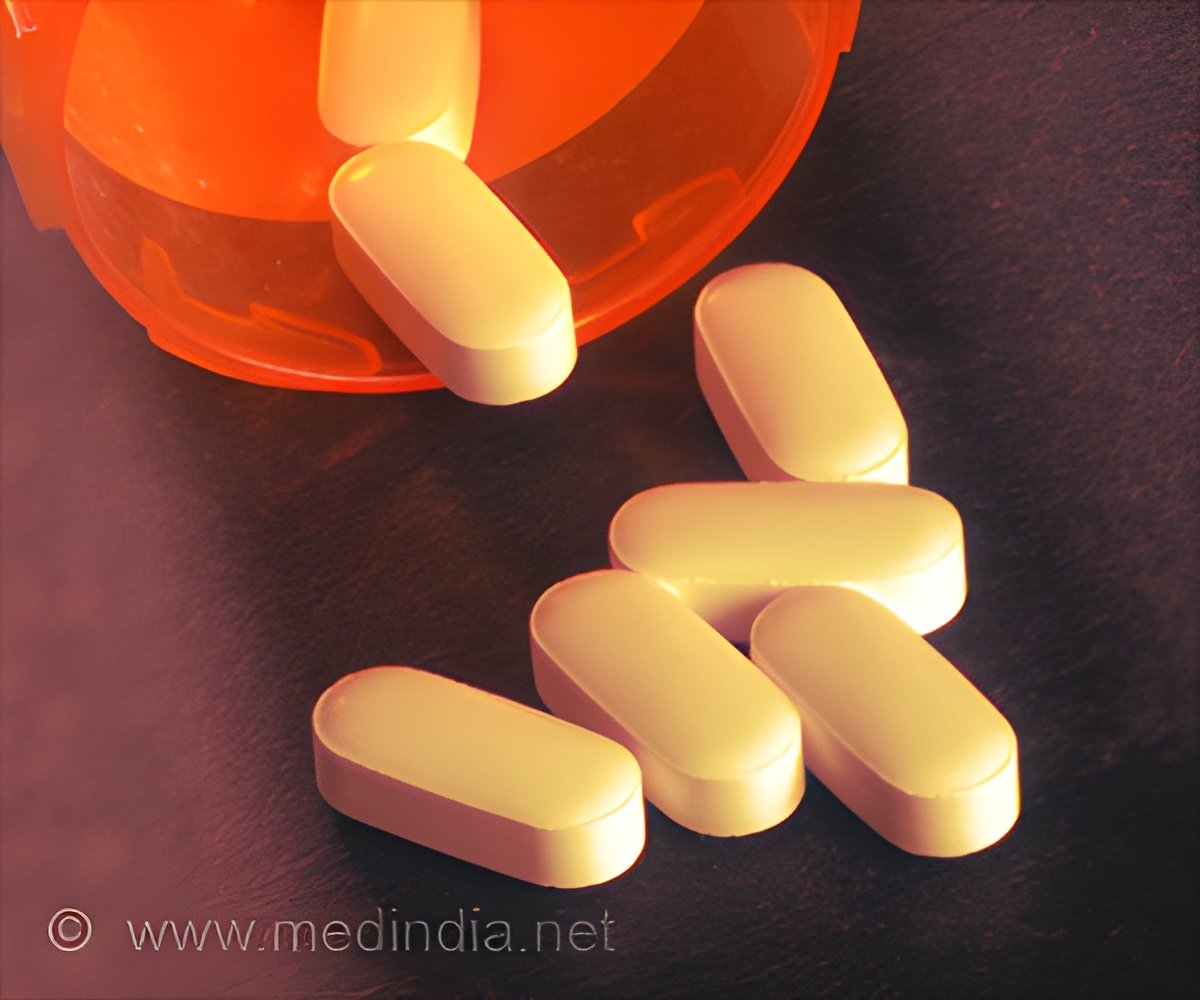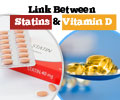LDL cholesterol levels in patients at high risk for a heart attack or stroke who received the investigational drug bempedoic acid, were reduced by 17.4 percent after 12 weeks of treatment and the reduction was sustained at 52 weeks of treatment.

‘The Blood Cholesterol Guideline published in 2018 by the ACC and the American Heart Association recommends treating patients with atherosclerotic cardiovascular disease (ASCVD) with the highest tolerated dose of a statin, with the goal of reducing LDL cholesterol levels by at least 50 percent.’





"These findings--taken together with other recently reported results of large randomized trials of bempedoic acid--indicate that this agent may add to the armamentarium of treatment options for high-risk patients with atherosclerotic cardiovascular disease whose LDL cholesterol remains uncontrolled despite taking a maximally tolerated statin," Goldberg said. Studies have shown statins to be highly effective at lowering cholesterol levels and reducing the risk of a heart attack or stroke. These drugs work primarily by blocking an enzyme that the liver uses to make cholesterol, but they also inhibit cholesterol production in muscles. Some patients develop muscle pain and must limit the statin dose they take, or in some cases, discontinue taking a statin to avoid this side effect. About 10 percent of patients taking high-dose statins experience muscle pain as a side effect, Goldberg said.
Bempedoic acid also blocks the liver from making cholesterol, but unlike statins it does not block cholesterol production in muscles. For this reason, Goldberg said, researchers think that bempedoic acid may be less likely than statins to cause muscle pain and thus may promote further reduction of LDL cholesterol levels in patients who must limit their statin doses or not take a statin at all because of this adverse effect.
A total of 779 patients were enrolled in the study. Their average age was 64 years and more than 60 percent were men. At study entry, all patients had LDL cholesterol levels of at least 100 mg/dL and were already taking the highest tolerated dose of a statin. A subset of 77 patients was not able to tolerate any dose of a statin.
In addition to ASCVD, 80 percent of the patients had high blood pressure and 30 percent had diabetes. Six percent had an inherited condition, familial hypercholesterolemia, which causes high LDL cholesterol and elevates risk for a heart attack from an early age.
Advertisement
The study's primary endpoint was the percentage change in LDL cholesterol levels after 12 weeks. Patients continued to take the study medications for a year so that researchers could monitor the safety of bempedoic acid and the durability of treatment effects.
Advertisement
At one year, patients in the bempedoic acid group had an average LDL cholesterol level of 99.6 mg/dL, while for those in the placebo group the average was 116.9 mg/dL. Major adjudicated cardiovascular events (5-point MACE) were reported by 6.1 percent of patients taking bempedoic acid and by 8.2 percent of those taking the placebo, a non-statistically significant difference, Goldberg said. Rates of worsening diabetes were similar in the two groups.
"The effect of bempedoic acid was durable at one year and we observed no increase in adverse effects from the addition of bempedoic acid to statin therapy," Goldberg said.
Results of a randomized, double-blinded trial involving 2,230 patients, announced in May 2018, found that bempedoic acid reduced LDL cholesterol by 18.1 percent on top of maximally tolerated statin therapy at 12 weeks with no increase in adverse events compared with the placebo arm.
Source-Eurekalert















